
Findings from 3 studies combining birth and cancer registers showed postponing childbearing partially correlated with cancer increases in pregnant women.

Your AI-Trained Oncology Knowledge Connection!


Findings from 3 studies combining birth and cancer registers showed postponing childbearing partially correlated with cancer increases in pregnant women.

Four of 13 patients with metastatic breast cancer recruited in 2022 for the phase 2 clinical study evaluating Bria-IMT remain in survival follow-up.
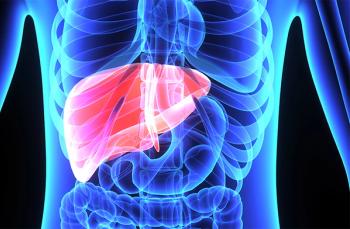
The resubmission included an analysis of the phase 3 CARES-310 study, which reported favorable overall survival with the combination therapy in uHCC.

Data from the phase 3 SPOTLIGHT trial and the phase 3 GLOW trial supported the approval of zolbetuximab plus chemotherapy in this indication.

While cisplatin was in shortage, clinicians were forced to prescribe costlier alternatives for patients with head and neck cancer.
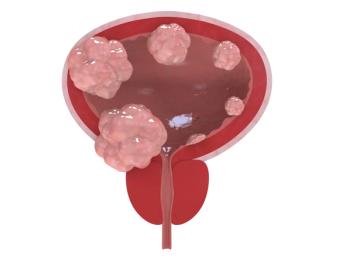
The decision is backed by robust efficacy data from the phase 3 ENVISION trial, evaluating UGN-102 in patients with non-muscle invasive bladder cancer.

Support for the approval comes from phase 3 LUNAR study findings indicating TTFields significantly prolonged OS compared with standard of care alone.
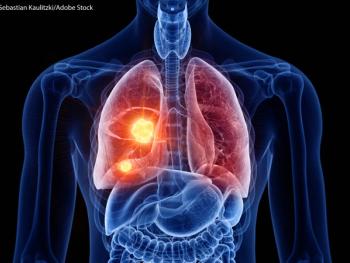
Developers plan to submit a supplemental NDA for this combination as a first-line maintenance therapy for ES-SCLC in the first half of 2025.

Retrospective analysis data on apalutamide vs enzalutamide in patients with prostate cancer were consistent with findings from the phase 3 TITAN trial.

Results showed of the phase 3 ADRIATIC study found that treatment with durvalumab elicited similar radiation pneumonitis incidences vs placebo for LS-SCLC.

Thomas G. Martin, MD, discussed the advantages of quadruplet therapy for multiple myeloma in light of an FDA approval for Isa-VRd in this indication.

Findings from the phase 3 CheckMate 77T trial support the approval of nivolumab plus chemotherapy for resectable NSCLC.

A nurse practitioner discussed how her role plays a vital part in patient care for those undergoing talquetamab treatment for multiple myeloma.

In 2 clinical trials, 64Cu-SAR-bisPSMA was shown to be effective in detecting prostate cancer in patients with PSMA-positive lesions.

Findings from the phase 3 LAURA trial support the approval of osimertinib for advanced EGFR-mutated NSCLC.
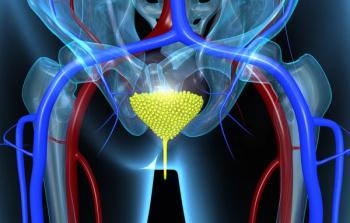
Phase 3 EV-302 results supported the approval, showing a statically significant survival benefit compared with chemotherapy in urothelial carcinoma.

Findings from the phase 3 IMROZ trial support the FDA approval of the combination therapy for newly diagnosed not eligible for ASCT multiple myeloma.
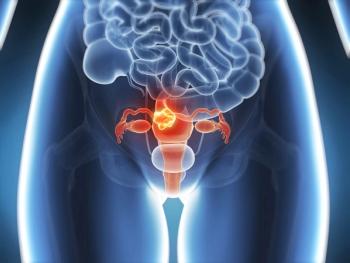
Deep and durable responses were observed with lenvatinib plus pembrolizumab in patients with stage III/IV recurrent endometrial carcinoma.

Genomic subtype was associated with relapse, occurring in nearly 50% of PAX5-altered pediatric acute lymphoblastic leukemia cases.

Support for the planned biologics license application comes from data showing a 32.9% response rate with RP1 plus nivolumab for melanoma.

Support for the decision follows phase 1 findings evaluating IBI363 in patients with advanced solid tumors presented at the 2024 ESMO Plenary.
![“I don't think [the CRL] impacts how I look at the data that is publicly available and the approval chances long term for linvoseltamab and how we might use it in the future,” said Surbhi Sidana, MD.](https://cdn.sanity.io/images/0vv8moc6/cancernetwork/8b007a323176820eb0754e84186341fe7ca44ae4-350x350.jpg?w=350&fit=crop&auto=format)
“I don't think [the CRL] impacts how I look at the data that is publicly available and the approval chances long term for linvoseltamab and how we might use it in the future,” said Surbhi Sidana, MD.

Favorable recurrence-free survival and overall survival outcomes were not observed in the overall patient cohort receiving adjuvant chemotherapy for advanced NSCLC.

The OPHELIA trial assessed the efficacy and safety of olaparib plus trastuzumab in HER2-positive advanced breast cancer with germinal BRCA mutations.
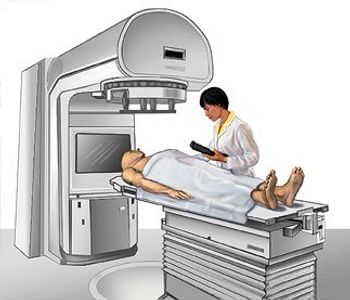
A clinical trial evaluated the ability of oxygen-enhanced MRI-derived hypoxic volume to detect radiotherapy-induced hypoxia modification.

Regardless of T790M status, lazertinib hindered the progression of intracranial metastases after unsuccessful EGFR TKI treatment in patients with EGFR-mutated NSCLC.

The decision follows phase 3 EV-302 trial findings showing improved survival with enfortumab vedotin plus pembrolizumab vs chemotherapy in urothelial cancer.

The EGFR-MET bispecific antibody amivantamab in combination with chemotherapy yielded a survival benefit compared with chemotherapy alone for EGFR-mutated NSCLC.
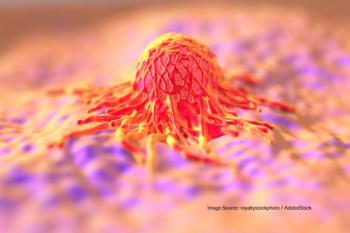
Preliminary results from part 2 of the phase 2 trial evaluating VP-315 in basal cell carcinoma found no dose-limiting toxicities or treatment-related serious adverse events.

The PREFERABLE-EFFECT study found that supervised resistance and aerobic exercise were associated with reduced fatigue in patients with metastatic breast cancer.